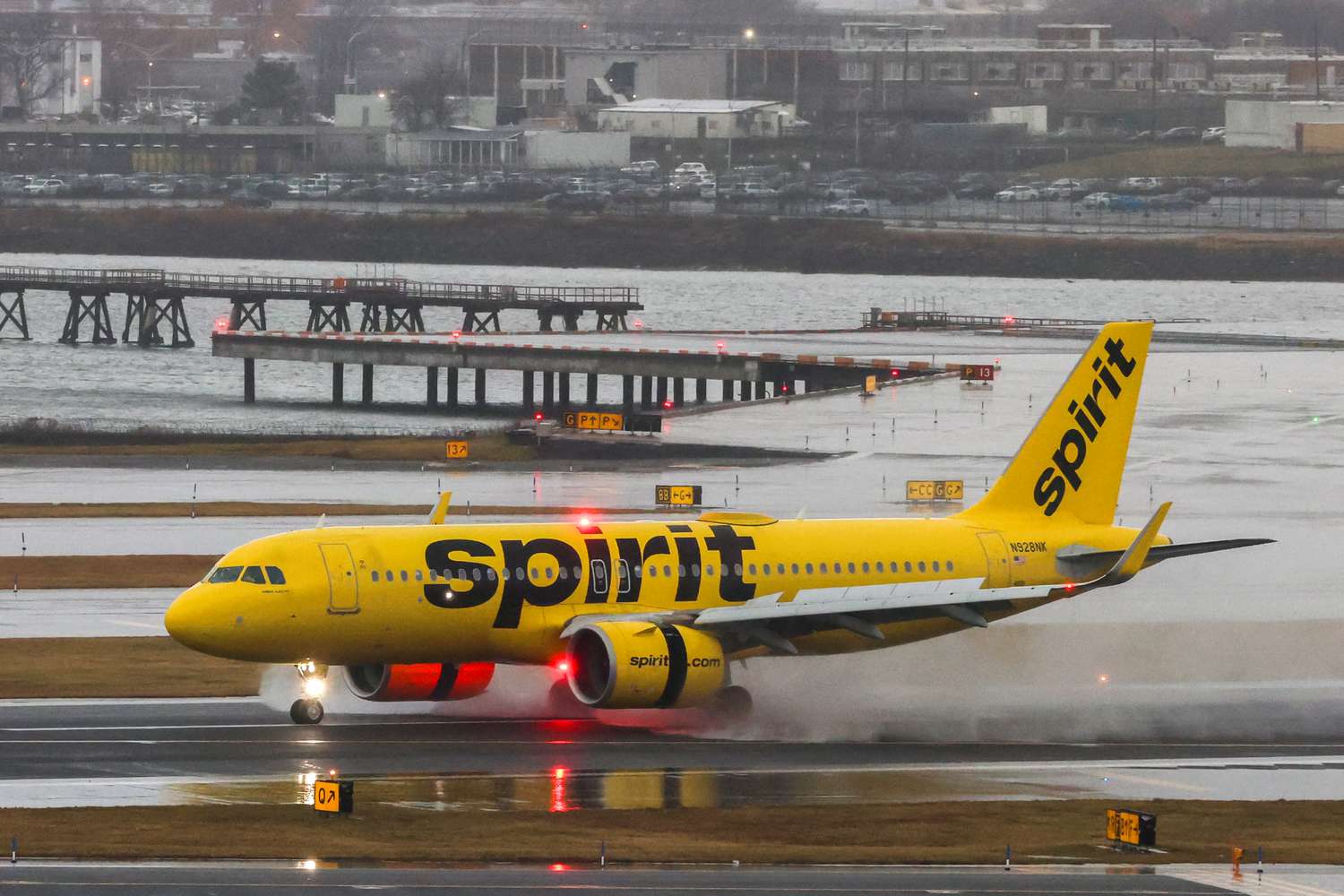
Why do airlines merge? Mergers in the airline industry happen for several reasons. Cost savings top the list, allowing companies to reduce expenses by combining operations. Increased market share is another big factor, as merging lets airlines dominate more routes. Improved efficiency also plays a role, with merged airlines often streamlining services and reducing redundancies. Access to new markets becomes easier, expanding the reach of both companies involved. Enhanced customer experience can result from better service options and more flight choices. Financial stability is another benefit, as merging can help struggling airlines survive. Regulatory approval is required, making the process complex but often worthwhile.
Key Takeaways:
- Airline mergers can lead to increased market share, cost savings, and improved services. However, they may also result in job reductions and route reductions, impacting both the industry and consumers.
- The future of airline mergers is uncertain, but trends like globalization, technological advancements, and environmental concerns could influence future mergers. These factors may shape the aviation industry in the years to come.
The Impact of Airline Mergers on the Industry
Airline mergers have reshaped the aviation landscape. They influence everything from ticket prices to flight routes. Here are some fascinating facts about these mergers.
-
Increased Market Share: Mergers often lead to a larger market share for the combined airline. This can result in more control over pricing and routes.
-
Cost Savings: Airlines merge to save costs. Combining operations, staff, and resources can lead to significant financial benefits.
-
Improved Services: Mergers can enhance service quality. Airlines can offer more flights, better connections, and improved amenities.
-
Job Reductions: Unfortunately, mergers often lead to job cuts. Redundant positions are eliminated to streamline operations.
-
Fleet Optimization: Merging airlines can optimize their fleets. They can retire older planes and invest in newer, more efficient models.
Historical Airline Mergers
Several notable mergers have shaped the airline industry over the years. These mergers have had lasting impacts on the market.
-
Delta and Northwest: In 2008, Delta Air Lines merged with Northwest Airlines. This created the world's largest airline at the time.
-
American Airlines and US Airways: The 2013 merger between American Airlines and US Airways formed the largest airline in the world by passenger traffic.
-
United and Continental: United Airlines merged with Continental Airlines in 2010. This merger helped United become a major global player.
-
Southwest and AirTran: Southwest Airlines acquired AirTran Airways in 2011. This expanded Southwest's reach into new markets.
-
Alaska and Virgin America: Alaska Airlines bought Virgin America in 2016. This merger aimed to combine Alaska's network with Virgin's innovative service.
Economic Effects of Airline Mergers
Mergers can have significant economic effects on both the airlines and the broader market. These effects can be positive or negative.
-
Increased Fares: Mergers can lead to higher ticket prices. With less competition, airlines have more power to set prices.
-
Route Reductions: Some routes may be cut after a merger. Airlines focus on the most profitable routes, leaving some cities with fewer options.
-
Stock Performance: Airline stocks often rise after a merger announcement. Investors anticipate cost savings and increased market power.
-
Regulatory Scrutiny: Mergers face intense scrutiny from regulators. Authorities ensure that mergers don't create monopolies or harm consumers.
-
Consumer Loyalty Programs: Mergers can enhance loyalty programs. Combined airlines often offer more rewards and benefits to frequent flyers.
Future of Airline Mergers
The future of airline mergers remains uncertain. However, several trends and factors could influence future mergers.
-
Globalization: As airlines expand globally, mergers may become more common. Airlines seek to create extensive international networks.
-
Technological Advancements: Technology can drive mergers. Airlines may merge to share technology and improve efficiency.
-
Environmental Concerns: Environmental regulations could influence mergers. Airlines may combine to meet stricter environmental standards more effectively.
The Impact of Airline Mergers
Airline mergers have reshaped the aviation industry in countless ways. They’ve led to fewer airlines, but often stronger ones. This consolidation can mean better services and more routes for passengers. However, it can also result in higher ticket prices due to reduced competition. Employees face uncertainty during mergers, but they can also benefit from improved job security and better resources.
Mergers also bring about significant changes in branding and fleet management. Airlines often adopt new logos, uniforms, and aircraft liveries to reflect their new identity. These changes can be exciting for aviation enthusiasts and frequent flyers alike.
Understanding the effects of airline mergers helps passengers make informed travel choices. Whether it’s about finding the best deals or understanding why certain routes are available, knowledge is power. So next time you book a flight, remember the complex world behind those ticket prices and route maps.
Frequently Asked Questions
Was this page helpful?
Our commitment to delivering trustworthy and engaging content is at the heart of what we do. Each fact on our site is contributed by real users like you, bringing a wealth of diverse insights and information. To ensure the highest standards of accuracy and reliability, our dedicated editors meticulously review each submission. This process guarantees that the facts we share are not only fascinating but also credible. Trust in our commitment to quality and authenticity as you explore and learn with us.


